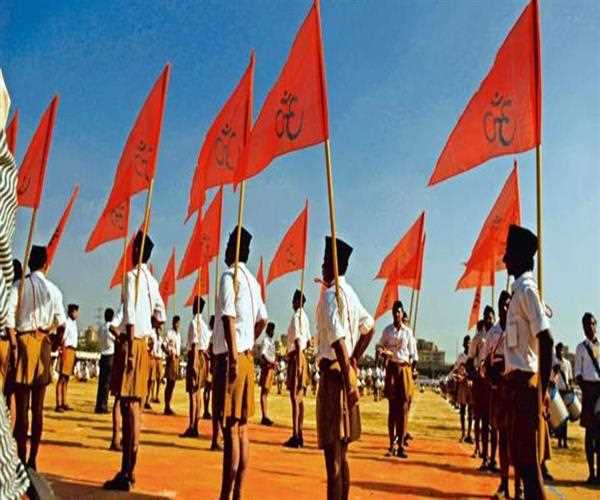RSS and Deendayal Upadhyaya are two of the most important figures in the history of India. They both played a pivotal role in the country's independence movement and the subsequent development of the Indian Republic.
Deendayal Upadhyaya was a philosopher, social reformer, and political leader. He was one of the founding members of the Rashtriya Swayamsevak Sangh (RSS), a right-wing Hindu nationalist organization. He also served as the president of the Bharatiya Jan Sangh, the forerunner of the present-day Bharatiya Janata Party (BJP).

RSS was founded in 1925 by K.B. Hedgewar, a doctor from Nagpur. It was initially a small organization with just a handful of members. However, it soon grew in strength and influence.
The RSS played a significant role in the Quit India Movement of 1942. It also actively participated in the country's struggle for independence from British rule.
After India attained independence in 1947, the RSS played a key role in the country's politics. It supported Hindu nationalist organizations such as the Jan Sangh and the Bharatiya Janata Party.
The RSS also played a significant role in the development of the Hindu Rashtra concept. This is a political ideology that envisages a Hindu-dominated state in India.
Deendayal Upadhyaya was a close associate of RSS founder K.B. Hedgewar. He joined the RSS in 1939 and soon rose to become one of its key leaders.
Upadhyaya played a major role in the development of the Hindu Rashtra concept. He propounded the philosophy of Hindutva, which envisages a Hindu-dominated state in India.
Upadhyaya was assassinated in 1968 by unknown assailants. His death was a major blow to the RSS and the Hindu nationalist movement.
The RSS continued to play a significant role in India's politics in the post-independence era. It supported the Hindu nationalist parties such as the Jan Sangh and the Bharatiya Janata Party.
The RSS also played a key role in the demolition of the Babri Masjid in 1992. This was a 16th-century mosque in the northern Indian city of Ayodhya. The demolition of the mosque sparked nationwide riots, resulting in the death of over 2,000 people.
The RSS continues to be a major force in India's politics. It is the ideological parent of the ruling Bharatiya Janata Party. The RSS also has a strong influence over the country's Hindu population.